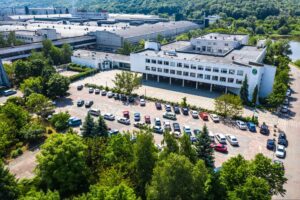
The town-forming enterprise of Obukhov (Kyiv region) Kyiv Cardboard and Paper Mill (KKBK) predicts the possibility of stopping the work of the enterprise in case of total mobilization of male workers who cannot be replaced by women, which, in addition to the lack of necessary products from consumers, may lead to the complexity of functioning of the entire Obukhov community.

“Big business, in particular, Kyiv Cardboard and Paper Mill of Austrian Pulp Mill Holding is already modeling the consequences of staffing shortages. Fears of being left without the ability to provide the necessary production processes of the enterprise due to a shortage of personnel are not unfounded – now every 10th employee is in the ranks of the WSU. In the areas where previously worked mostly men, today you can see women, because KKBK started programs for vocational training, thanks to which you can learn a new profession at the expense of the company – for example, forklift driver”, – told the agency “Interfax-Ukraine” in the press service of KKBK.
At the same time, they emphasize that there are workers who are difficult and sometimes impossible to replace. In particular, it takes about five years to become a machine operator of a paper-making or cardboard machine, as it is necessary to master a number of step-by-step works.
The press service of KKBK noted that the indispensability of paper industry professionals is also due to the fact that paper production is associated with high levels of noise, temperature, humidity and vibration, so people working in the shops must be physically tough.
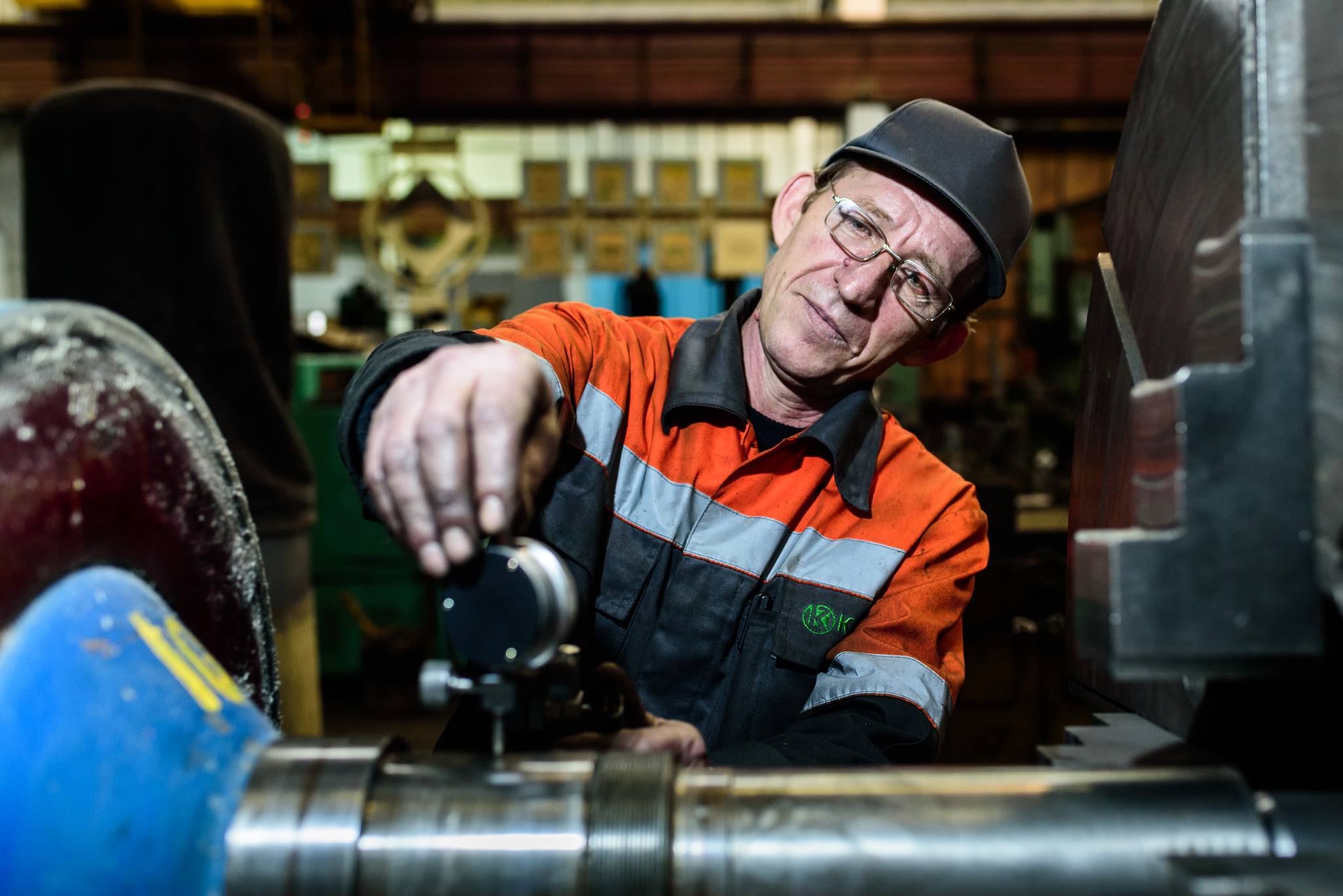
“There are also professions at the company where only men can work according to labor safety requirements. Therefore, the option of replacing them with women is impossible. If such employees are mobilized, production will stop,” the mill assumes.
The company predicts that consumers may be left without sanitary-hygienic products, and large manufacturers of Ukrainian goods without cardboard containers, the stoppage of the enterprise can dramatically affect the life of Obukhivka community.
“The Obukhiv city territorial community includes 25 settlements: 24 villages and the city of Obukhov. Out of 50 thousand people of the population, more than 2 thousand people work at Kiev KBCK, and in 2023 one third of the community budget was made up of KBCK taxes. Therefore, the suspension of the plant threatens severe consequences”, – the press service quotes the secretary of the Obukhov City Council Larisa Ilyenko.
According to her, in this case, the local budget revenues will be significantly reduced, which will affect the socio-economic development of the community and will affect almost all sectors, in particular education and medicine.
“In the housing and utilities sector there will be a problem with the treatment of domestic sewage. Heating will disappear in apartment buildings – consumers of the enterprise, which is more than 20 thousand subscribers. But we hope that the community will be able to continue to count on fruitful cooperation with the plant”, – she believes.
“Given the difficult conditions of mobilization, Kyiv Cardboard and Paper Mill faces serious challenges. The answer to the question whether the enterprise will be able to maintain its stability further remains open. Whether we will be able to overcome staff hunger and continue to work, time will show”, – summarize in the press service of the enterprise.
Kiev KBC is the parent company of the group of companies of the same name, one of the largest enterprises in Europe for the production of cardboard and paper products with a staff of more than 2.5 thousand employees.
As reported, in 2023 the mill produced products (corrugated packaging, paper products for sanitary and hygienic purposes, molded containers for eggs) for UAH 7 billion 568 million, and in January-May this year – for UAH 3 billion 173 million.
The owner of the mill is Austrian Pulp Mill Holding.
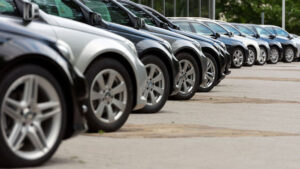
Initial registrations of new passenger cars in June 2024 decreased by 8% compared to the same month in 2023 – to 5.2 thousand units, Ukravtoprom reports on its Telegram channel.
“For the first time this year, the demand for new cars showed a negative trend year-on-year,” the association said on Monday.
According to its data, compared to May 2024, consumer activity in the car market decreased by 7%.
Toyota retains market leadership (853 units) with a 20% drop in sales by June 2023. For the first time, BMW took second place with 545 cars registered (compared to 5th place in the June-2023 ranking and 319 cars registered). Renault dropped to third place from second in June last year and May this year – 487 units (29% less than in June 2023). Next are Skoda (278 units) and VW (269 units).
The bestseller of the month was the Renault Duster crossover (displacing the May leader Toyota RAV4), which has 447 registrations.
According to the Association, in general, in the first half of this year, more than 32.8 thousand new passenger cars were registered in Ukraine, which is 21% more than in the same period in 2023.
Earlier it was reported that experts attribute the stagnation in the new passenger car market primarily to the situation with electricity and the rise in the dollar.
As reported with reference to Ukravtoprom data, in 2023, the first registrations of new passenger cars in Ukraine increased by 60.6% compared to 2022 – to almost 61 thousand units.

The Alo national marketplace chain opened three and renovated 16 stores in the second quarter of 2024, the retailer’s press service reports.
“We are opening new stores and significantly expanding the range of products. Our customers often choose new ALLO Express delivery points to deliver their online orders. During April-June, headphones, power banks, small appliances and smartphones were most often ordered for delivery to ALLO Express,” presented the structure of purchases by Mykola Astapov, Development and Formats Director at ALLO Nikolay Astapov.
On April 15, the flagship showroom Allo Mach in Ternopil was opened, on May 7, a new store of the chain was opened in Vinnytsia (51 Mykola Ovodova Street), and on June 9, an ALLO Express corner was opened in Lviv at 152-B Lychakivska Street, on the territory of OKKO filling station.
In April, the flagship Allo Mach showroom in Rivne’s Zlata Plaza shopping mall was reformatted and updated, as well as stores in Vinnytsia at Skypark shopping mall, Odesa at 84/2 Akademika Filatova Street, Bila Tserkva at 59 Levanevskoho Street, and Dnipro at 2 Yuriy Kondratyuk Street.
In May, renovation and reformatting works were carried out in the Allo Mach showrooms in Kyiv’s Retroville shopping center, Odesa’s Riviera shopping center and Lviv’s Victoria Gardens shopping center. Allo Mach was re-equipped in Odesa at 34 Preobrazhenska Street and 114/5 Dobrovolskoho Avenue, as well as in Dnipro at 117 Dmytro Yavornytskyi Avenue and in the APPOLO shopping mall.
In June, the only ALLO in Berdychiv was reopened after reformatting. On June 17, the re-equipment of the Allo Mach showroom in the King Cross Leopolis shopping center (Lviv) was completed. On June 21, the reformatted Allo Mach reopened in Kryvyi Rih in the Sun Gallery shopping center, which was damaged in a rocket attack earlier this year. On June 22, after being re-equipped, Allo Mach opened in the Privoz shopping center in Odesa.
Allo was established in 1998. As of June 19, the group’s network includes 304 Allo, Allo Mah and Allo Express showrooms, as well as Mi Store and telecom operator stores operating in more than 100 Ukrainian cities.
According to the Opendatabot resource, the participants of Allo LLC are Dniproinvest 2016 PE (95.19%), Dmytro Derevytskyi (3.6%), and Maksym Raskin (1.21%). Derevytskyi is listed as the ultimate beneficiary.

Turkey, Romania, and Bulgaria on Monday launched a joint mine-sweeping operation in the Black Sea to improve shipping safety, especially during the export of Ukrainian grain, Bloomberg reports.
The publication noted that the Istanbul-led initiative is the first major joint action by the Black Sea countries since Russia’s invasion of Ukraine in February 2022 and focuses on clearing mines drifting in certain areas of the Black Sea as a result of the war.
“Russia and Ukraine are key grain producers, and the war has jeopardized the safe passage of goods. Kyiv launched its own Black Sea export route last year after the failure of a secure corridor agreement backed by Russia, Turkey and the United Nations. It has successfully boosted exports and helped the economy grow faster than forecast, but the route remains risky,” Bloomberg writes.
Among the major maritime losses, the publication named a Russian missile attack near the key Ukrainian port of Odesa on a merchant ship, killing the captain and other crew members, as well as a ship hired by Cargill Inc. that was damaged in November by an explosion while leaving a Ukrainian port in the Black Sea.
Ukraine said in March that exports from its Black Sea ports had almost returned to pre-war levels after repeated attacks and disruptions following Russia’s full-scale invasion. However, ports around Odesa frequently face strikes from Russia that continue to interrupt operations, Bloomberg recalled.
Number of dead and wounded civilians in Ukraine from 24.02.2022 till 30.04.2024 un data
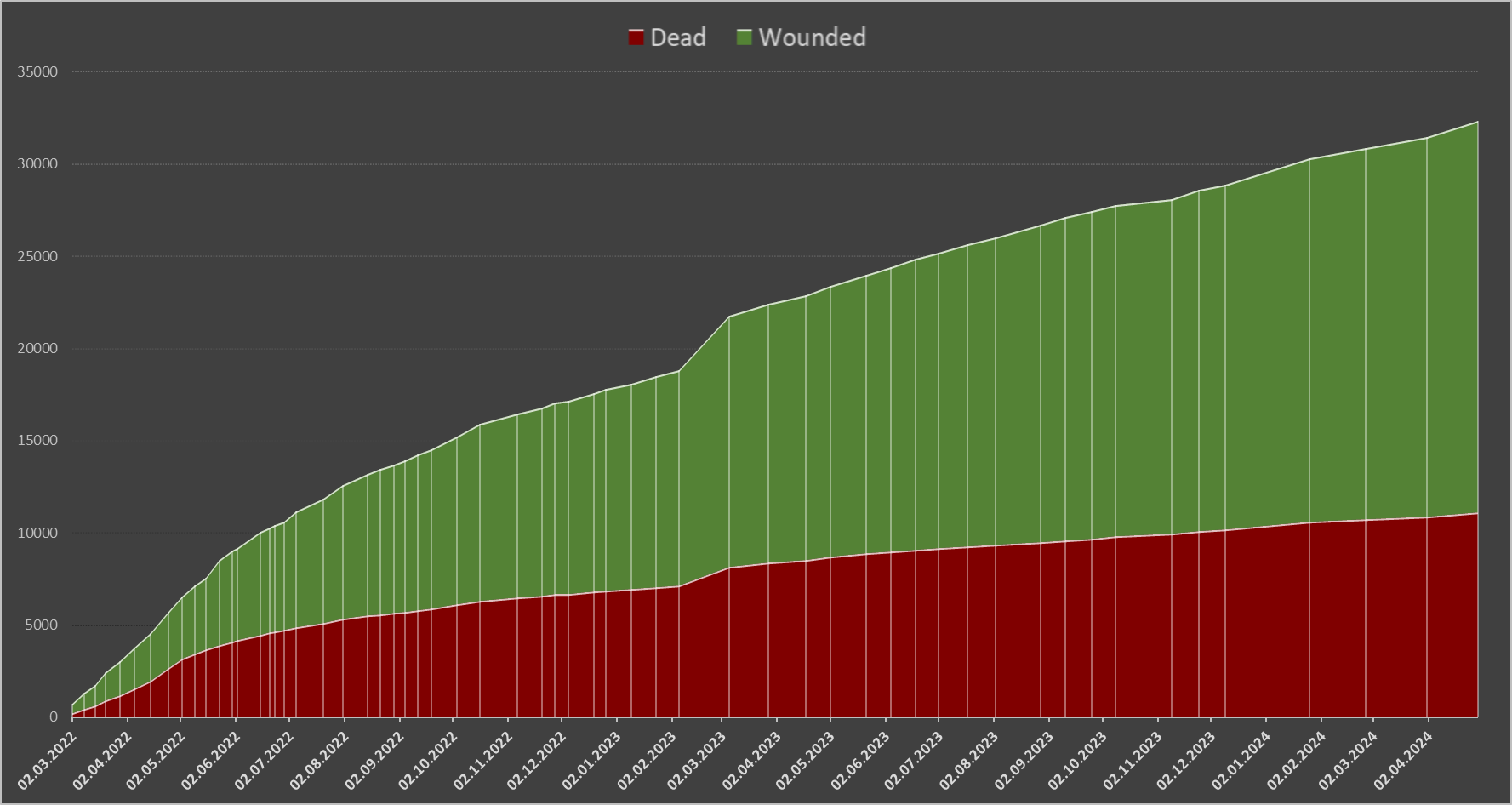
Source: Open4Business.com.ua and experts.news
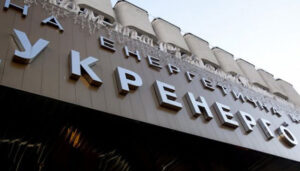
The Cabinet of Ministers of Ukraine has approved the payment of UAH 207.883 million in dividends by NPC Ukrenergo, which is 90% of the company’s consolidated profit for 2023, reduced by the amount of income from the distribution of cross-border crossing capacity last year.
The relevant decision is enshrined in the Resolution of the Cabinet of Ministers No. 589-r dated June 28, 2024, the text of which is published on the government portal.
Earlier, Volodymyr Kudrytskyi, CEO of Ukrenergo, reported that the NPC received about UAH 400 million in profit for UAH 83 billion in revenue in 2023.